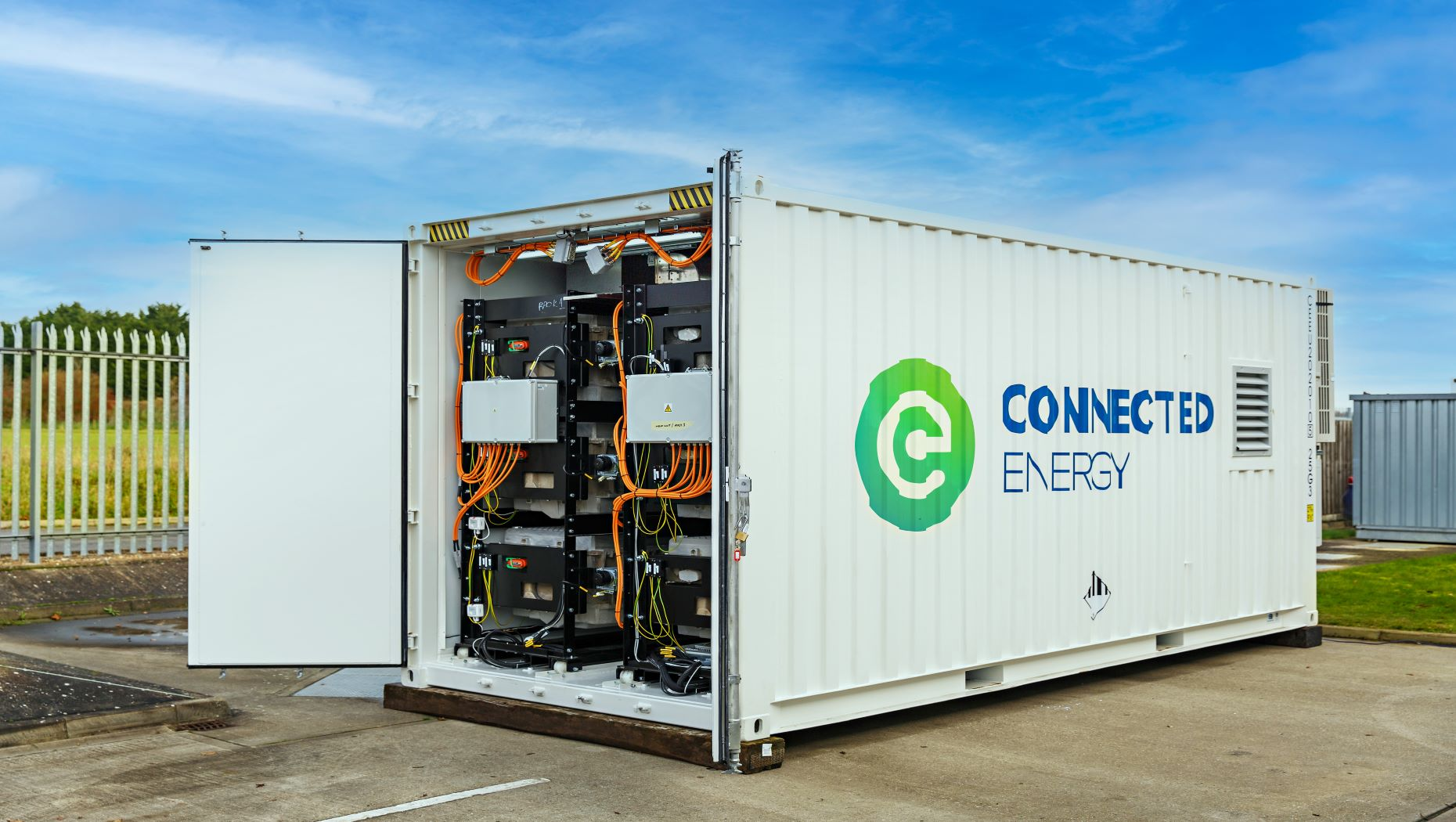Volvo Energy is on a mission to secure sustainable business for batteries. Around SEK 50 million (US$4.9 million) was invested in the UK-based Connected Energy. It is a second0life battery storage energy specialist, in which Volvo Energy has around 10% stake. Volvo Energy is one of the five investors who took part in the £15-million (US$18.4-million) round.

The other investors include the Hinduja Group, OurCrowd, Mercuria, and Caterpillar Venture Capital. Part of Volvo Group, Volvo Energy is focused on providing essential support to the infrastructure during the first life of the vehicles. Also focused on securing sustainable and reliable second-life opportunities related to battery recycling.
With its headquarters in Newcastle upon Tyne, Technical Center in Norfolk, and systems operating in the UK, Belgium, Germany, and the Netherlands, Connected Energy has sixteen operational systems across Europe: Belgium, Germany, the Netherlands, and the UK with its largest at Cranfield University in Bedfordshire, England.
Here the system allows the site to balance its energy behind the grid, and accommodate a newly enlarged solar farm and an air source heat pump on the district heating to reduce reliance on the gas-combined heat and power system (CHP). At other sites such as those in Germany, Connected Energy’s units are helping to balance the energy supply where EV chargers are used on either side of a motorway.
Potential
“There is a great deal of untapped potential in the second-life use of batteries. This forward-leaning investment aims to facilitate the scaling-up of second-life battery energy storage systems and further secure circular business opportunities for the forthcoming ramp-up in Volvo Group’s second-life battery returns. Together with Connected Energy, we will minimize the environmental impact of the batteries that have powered Volvo Group vehicles. By repurposing the batteries, we obtain the full value from them—from a climate, environment, and business perspective.” said President of Volvo Energy, Joachin Rosenberg.
This next phase of investment will enable Connected Energy to scale up its technology and operations in response to a growing energy storage market and increasing international availability of second-life batteries. When batteries are around 25 percent degraded, they are often considered unsuited to life of a vehicle but they still have sufficient capacity for up to ten years’ more use in a battery energy storage system (BESS), Lumsden said.
Over its lifetime in operation, a second-life BESS can save an additional 450 tonnes per MWh of CO2 equivalent compared to using first-life lithium-ion batteries, figures which explain the appeal of Connected Energy to investors and customers keen to support carbon reduction targets with meaningful action, the company said.












